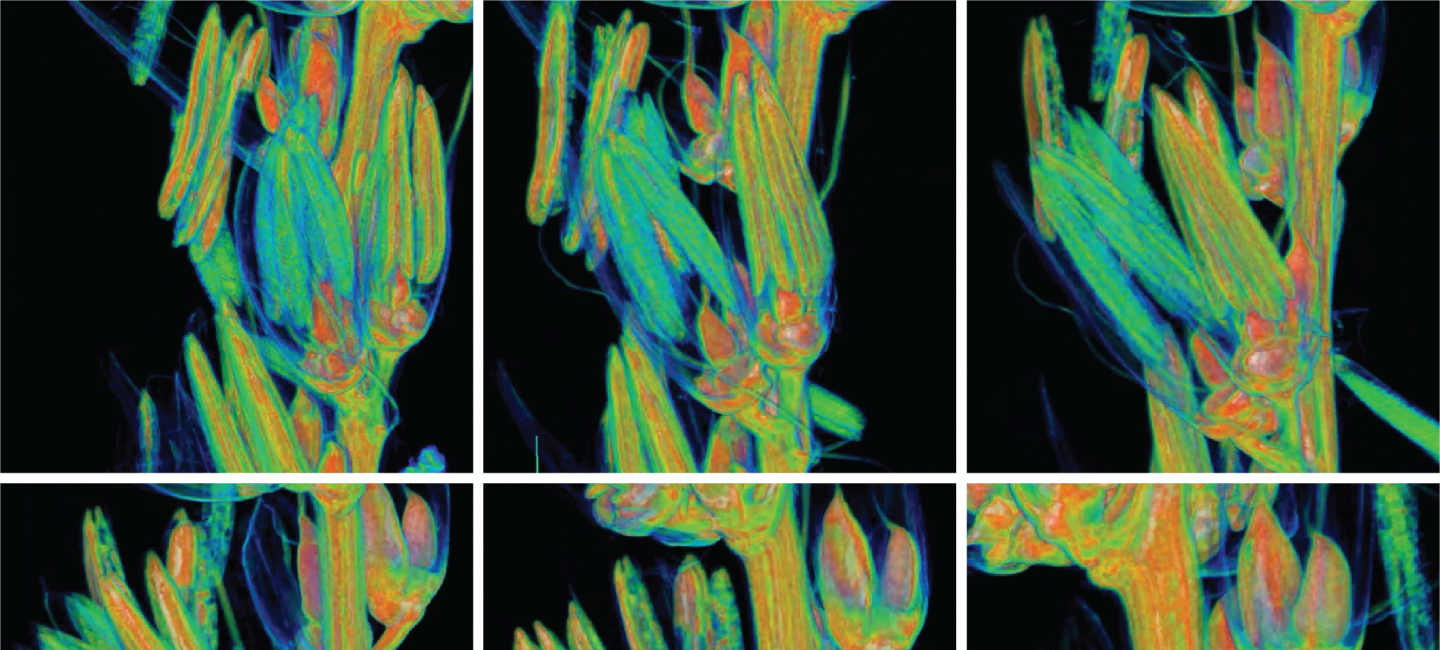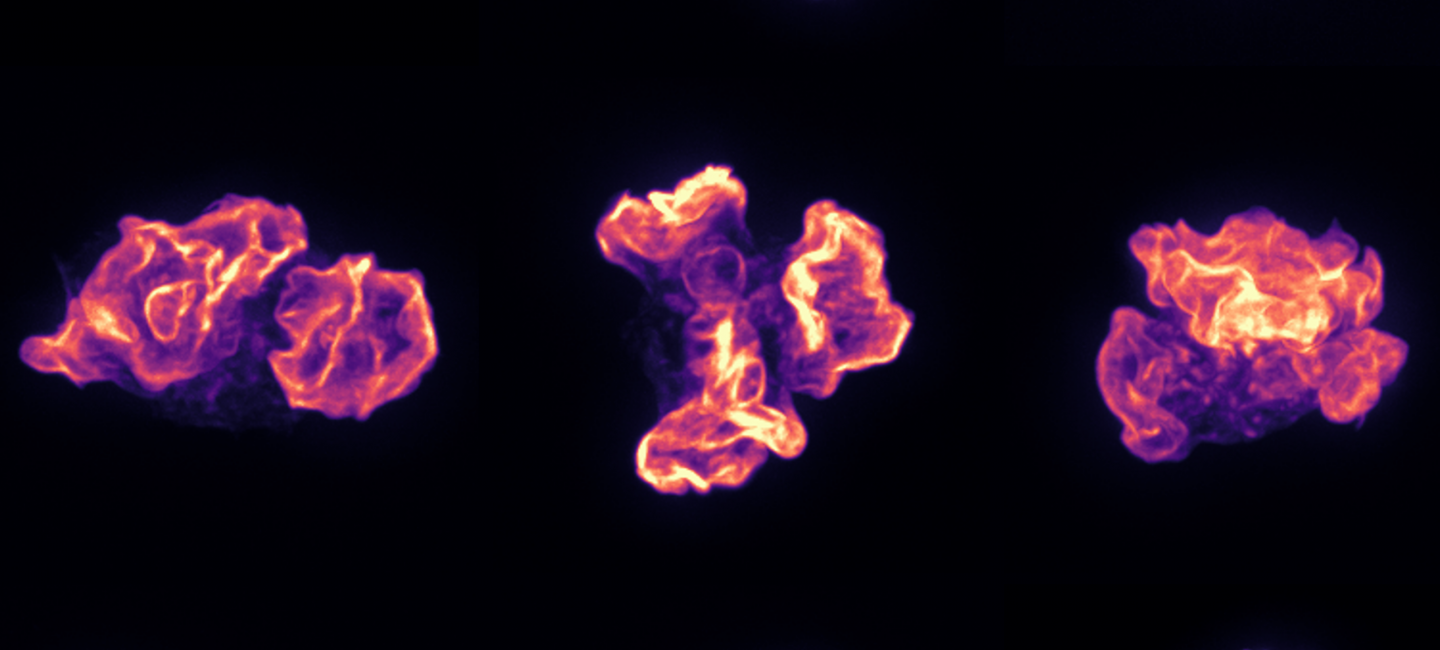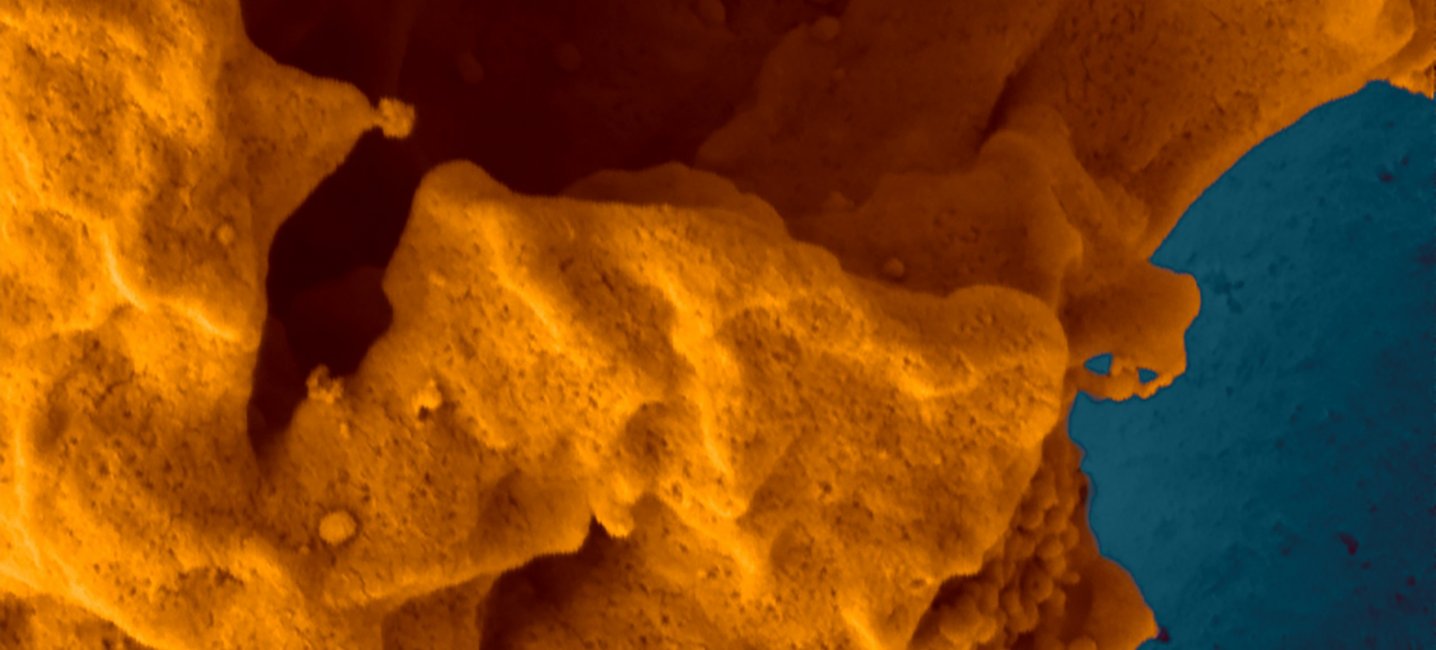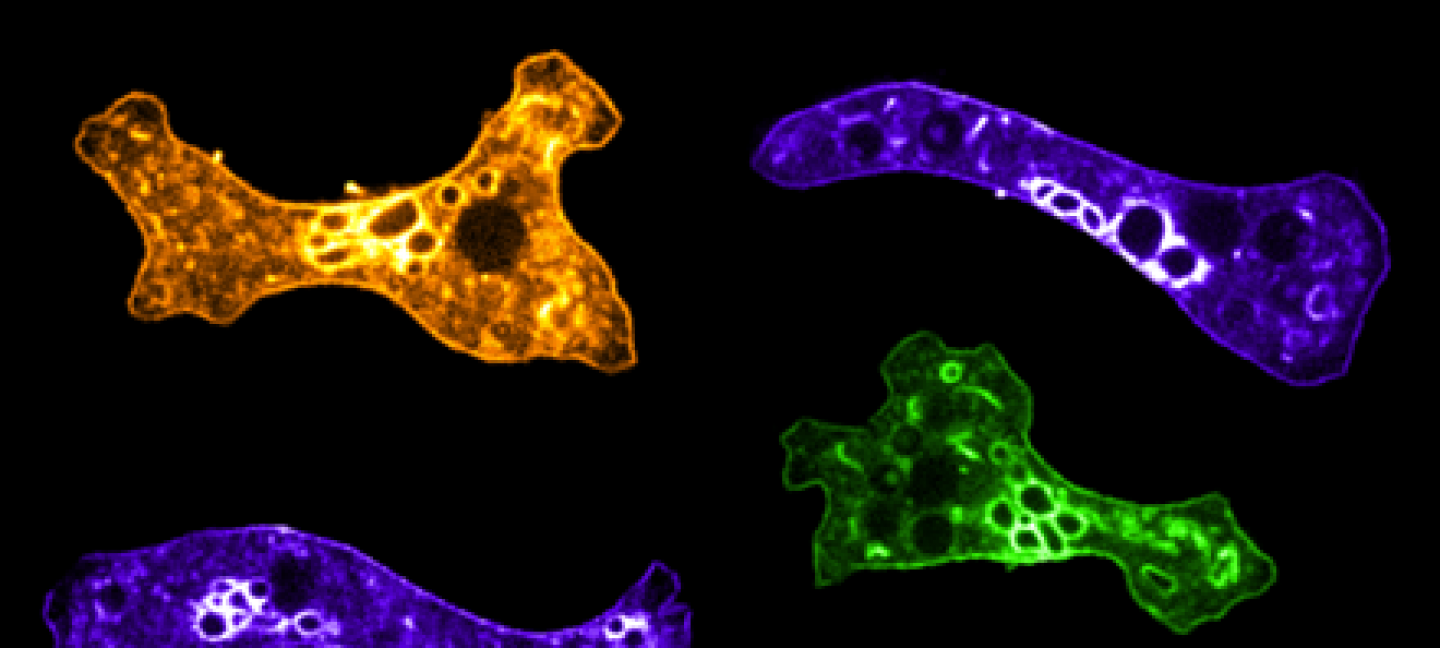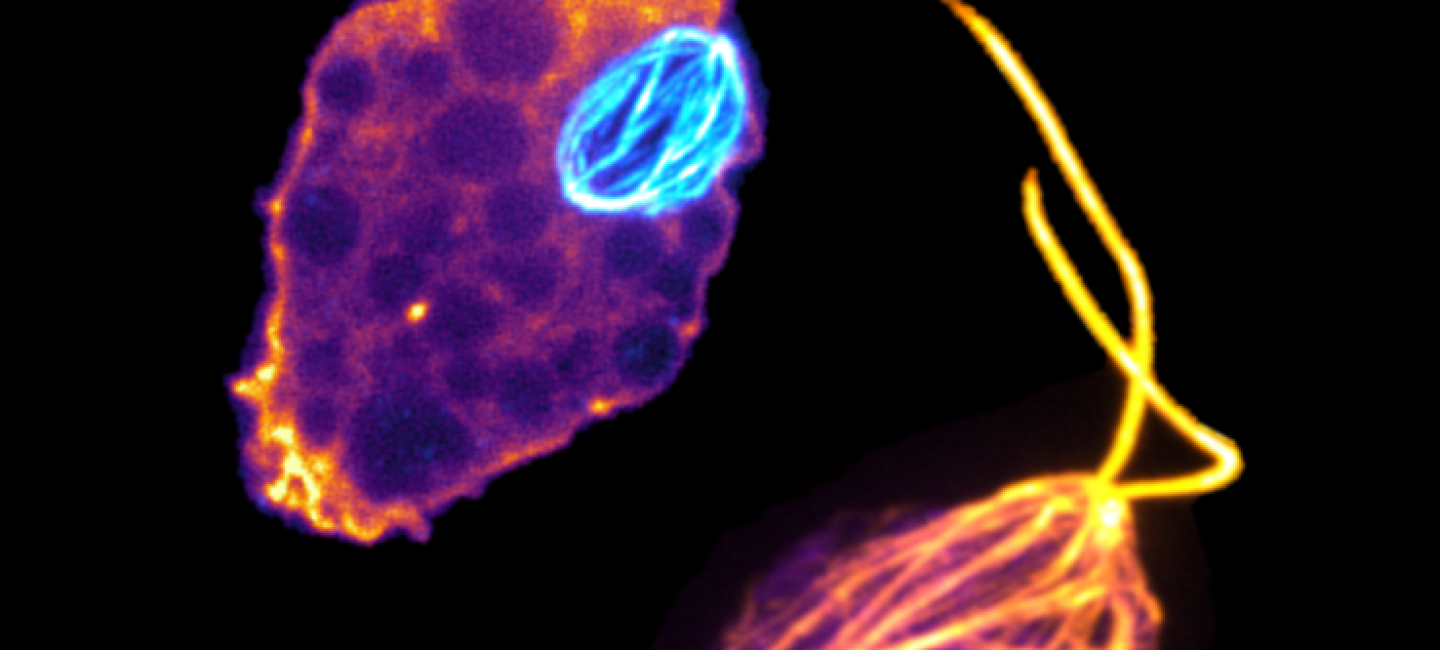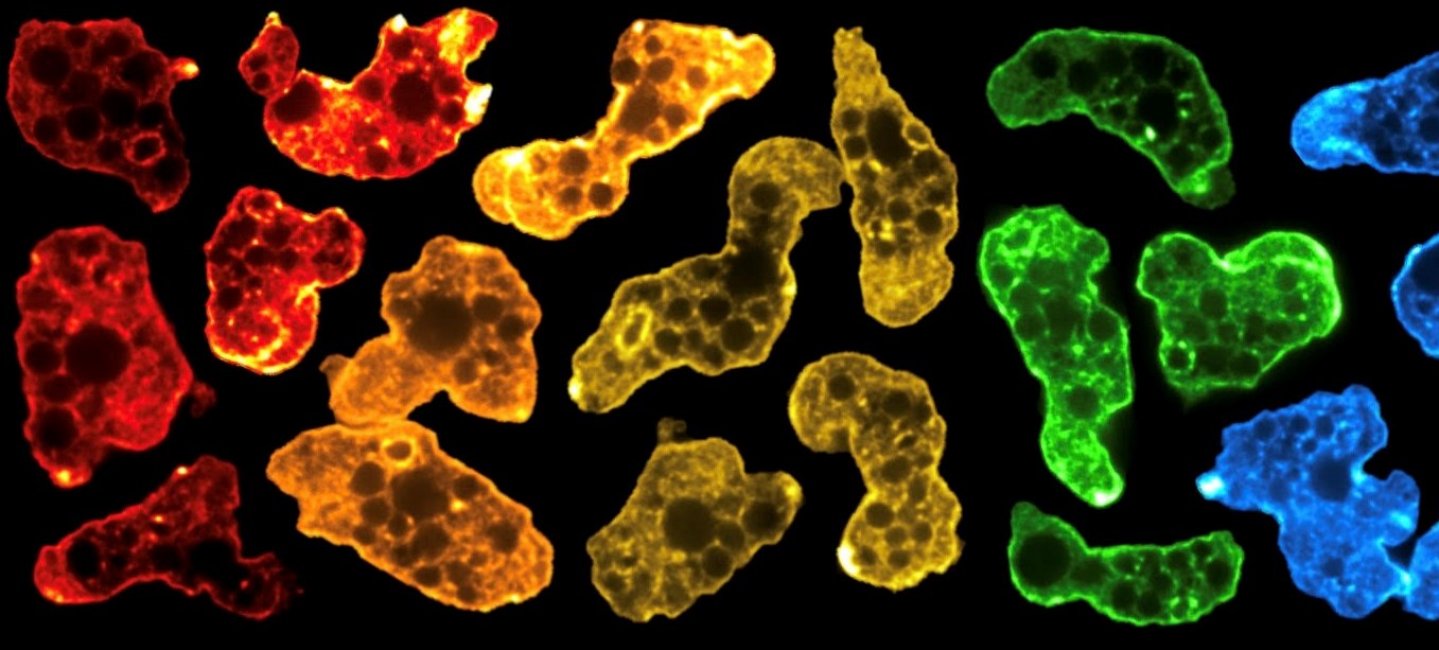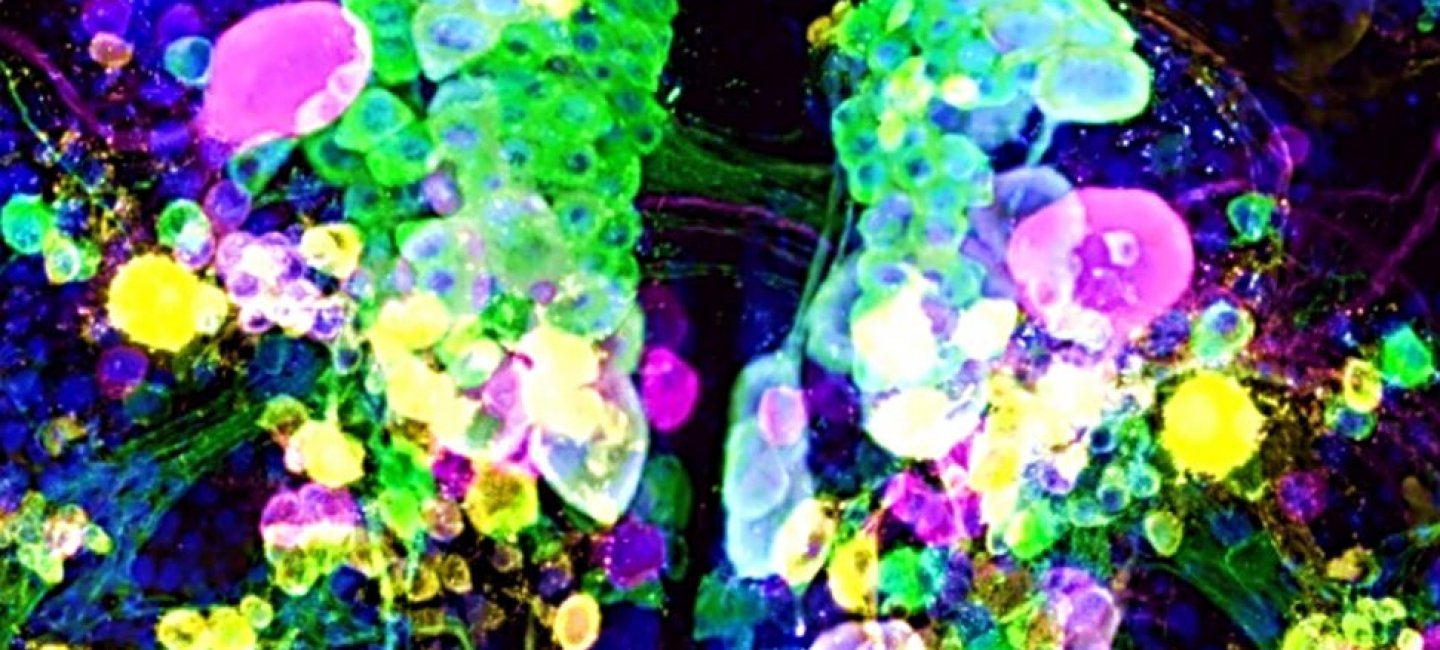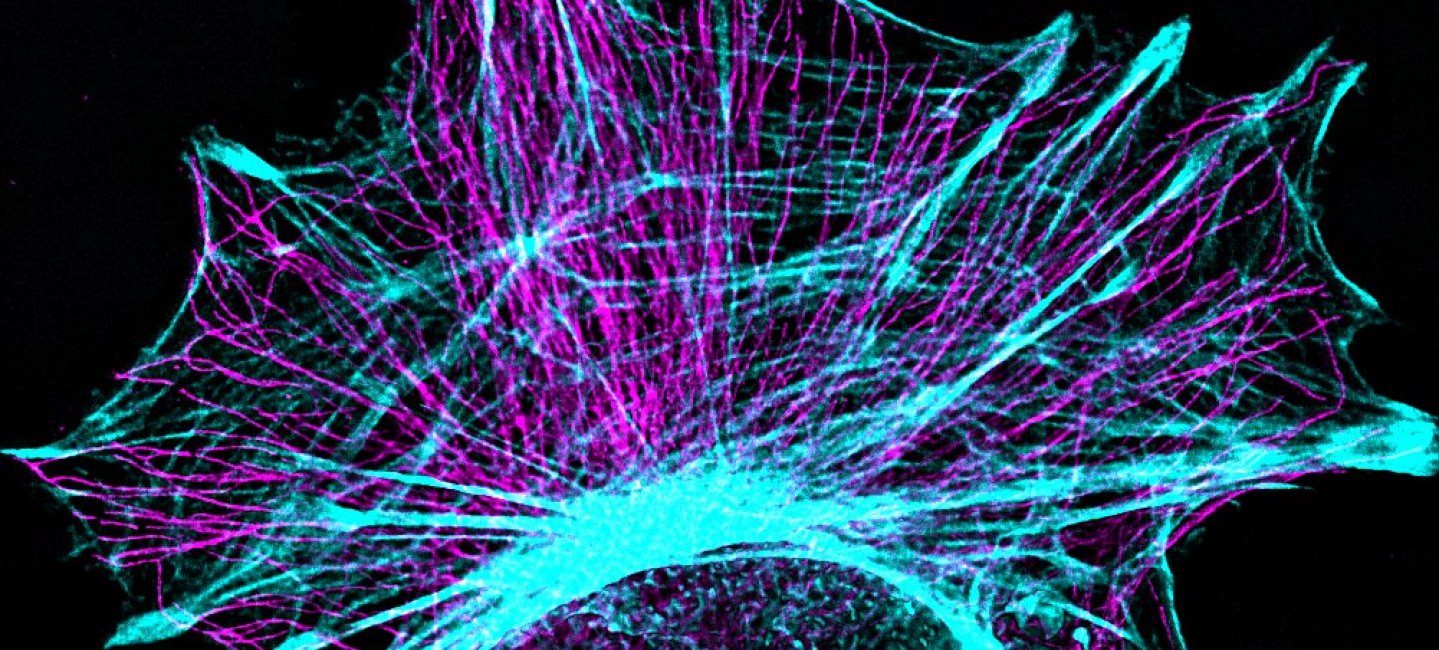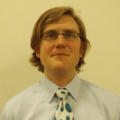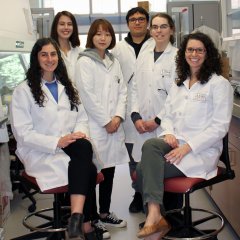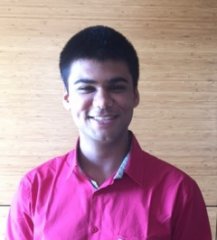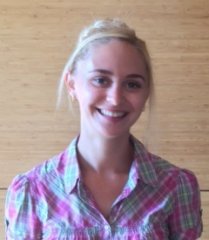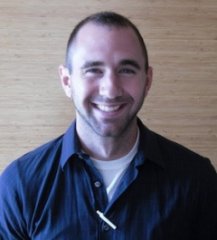News & Announcements
Keck grant will fund neuroscientist’s study on whether brain bacterial levels correlate with circadian rhythm
Keck grant will fund neuroscientist’s study on whether brain bacterial levels correlate with circadian rhythm
With a $1 million grant from the W. M. Keck Foundation, neuroscience researchers at Washington State University and the University of Massachusetts Amherst will explore whether variations in brain levels of bacterial fragments can account for life’s sleep/wake and 24-hour cycles, known as circadian rhythms.
“The bacteria residing inside of you outnumber your own cells 10 to one and affect sleep, cognition, mood, brain temperature, appetite and many additional brain functions. Yet we lack an understanding of how they do it,” says James Krueger, Regents Professor of Integrative Physiology and Neuroscience at the WSU College of Veterinary Medicine.
The sleep research is led by Krueger, and the circadian rhythm portion of the project is led by co-investigator Ilia Karatsoreos, psychological and brain sciences, who recently joined UMass Amherst from WSU. Read more
Virologist explains why consumers shouldn’t fear the grocery store amidst the COVID-19 outbreak
Virologist explains why consumers shouldn’t fear the grocery store amidst the COVID-19 outbreak
As states continue issuing quarantine guidelines and rumors swirl about lockdowns, many people are stocking up on food and other essentials. But during a global outbreak, how safe is the grocery store? People are left in a catch-22 knowing that if they don’t venture to the supermarket they could be left without food, while also fearing contracting coronavirus while shopping. Virologist Matthew Moore, food science, debunks myths about grocery shopping amidst the coronavirus pandemic in a recent article published on The Hill. Read more
UMass Amherst Engineers Receive NSF Grant to Find Ways To Prevent Bacterial Infections from Common Medical Devices
UMass Amherst Engineers Receive NSF Grant to Find Ways To Prevent Bacterial Infections from Common Medical Devices
In an effort to combat a major source of serious bacterial infections, chemical engineers Jessica Schiffman and Lauren B. Andrews at the University of Massachusetts Amherst are studying how bacteria attach themselves to polymer materials used in biomedical devices such as catheters, implants, wound dressings and contact lenses. The goal is to help prevent infections by developing new biofouling resistant materials.
The research is funded with a three-year, $515,473 grant from the National Science Foundation (NSF) that supports fundamental research on how bacteria attach to polymer materials and how to re-engineer hydrogel-coated biomedical devices. Read more
New Details Revealed on How Plants Maintain a Healthy Sperm-Egg Ratio: UMass Amherst biologists show mechanism for avoiding polyspermy in plants
New Details Revealed on How Plants Maintain a Healthy Sperm-Egg Ratio: UMass Amherst biologists show mechanism for avoiding polyspermy in plants
Current molecular biochemistry, microscopy and genetic techniques have become so powerful that scientists can now make mechanistic discoveries – supported by multiple lines of evidence – about intimate processes in plant reproduction that once were very difficult to examine, says molecular biologist Alice Cheung at the University of Massachusetts Amherst.
She is the senior author of a new paper in Nature describing how she and her team used such tools to solve, in unprecedented detail, the mechanisms of how flowering plants avoid polyspermy. As the name suggests, polyspermy results from multiple sperm entering and fertilizing an egg, a condition harmful to the zygote. In plants, preventing polyspermy also means higher chances for more females to be fertilized and ensures better seed yields, both of which are agriculturally important, Cheung points out. Read more
Five College of Engineering Faculty Win NSF CAREER Grants
Five College of Engineering Faculty Win NSF CAREER Grants
The College of Engineering for the first time has five faculty members who have been awarded National Science Foundation’s (NSF) Faculty Early Career Development (CAREER) grants. Four of the recipients of the five-year grants, Lauren B. Andrews, Peter J. Beltramo, Jungwoo Lee and Sarah L. Perry, are assistant proferssors in chemical engineering, while Xian Du is an assistant professor in mechanical and industrial engineering.
Andrews, the Marvin and Eva Schlanger Faculty Fellow in chemical engineering, will do research studying how communities of bacteria can be engineered to have coordinated behaviors. This will have numerous applications in biomanufacturing, cell-based therapies, and medical diagnostics. Andrews’s $589,060 grant will fund research into developing a new approach for effectively programming how cells in a bacterial community work together in a predictive and highly controllable way.
Lee says his $549,710 grant will fund research that could lead to a greater understanding through which bone remodeling and blood forming processes are functionally coupled in porus, or trabecular bone cavities, by creating tissue engineered stem cell bone marrow models. Read more
Archit Rastogi PhD Dissertation Defense
Archit Rastogi PhD Dissertation Defense
Monday, March 30, 2020
2:00 PM
Zoom link: https://umass-amherst.zoom.us/j/364357099
Dissertation Title: "Redox Signaling in the Zebrafish Embryo and Implications for Endocrine Pancreas Morphogenesis"
Advisor: Alicia Timme-Laragy
Exploring the ‘Dark Matter’ of the Cell
Exploring the ‘Dark Matter’ of the Cell
There is a little-understood realm inside cells that cell biologist Tom Maresca likes to think of as the cell’s dark matter, something like the largely unknown stuff that is so abundant in space. Maresca recently received a four-year, $1.3 million grant renewal from the National Institute of General Medical Sciences to use specialized tools to learn more about this less-studied inner universe of the cell.
For the new grant, Maresca and colleagues will collaborate with biophysicist Nathan Derr at Smith College to focus on unstructured proteins in an essential structure called the kinetochore. It ensures that chromosomes are evenly split between cells when they divide. Failure to achieve this, Maresca explains, leads to cells acquiring an incorrect number of chromosomes, which is known as aneuploidy – a condition that causes miscarriage, genetic disorders, tumorigenesis and possibly cancer metastasis. The long-term goal is to identify basic cell processes that can be targeted by therapies to control aneuploidy. Read more
Constance Angelou PhD Dissertation Defense
Constance Angelou PhD Dissertation Defense
Wednesday, March 11, 2020
9:00 AM
Life Sciences Laboratory, Room S330
Dissertation Title: “Defining the let-7 microRNA-mediated molecular mechanisms regulating T cell differentiation”
Advisor: Leonid Pobezinsky
Rilee Zeinert PhD Dissertation Defense
Rilee Zeinert PhD Dissertation Defense
Thursday, March 19, 2020
9:30 AM
Zoom link: https://umass-amherst.zoom.us/j/7247417123
Dissertation Title: "The Lon protease integrates protein quality control with DNA damage responses in Caulobacter crescentus"
Advisor: Peter Chien
He Yang PhD Dissertation Defense
He Yang PhD Dissertation Defense
Tuesday, March 24, 2020
10:30 AM
Zoom link: https://umass-amherst.zoom.us/j/870491387
Dissertation Title: "Accessory genes contribute to rewiring the transcriptional network in Fusarium oxysporum"
Advisor: Li-Jun Ma
